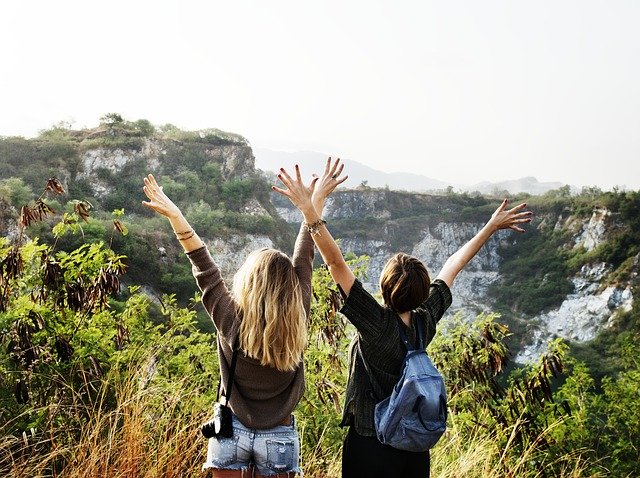As an estimated 474 million tourists travelled internationally between January and July 2022 compared to 175 million in 2021, international tourism continues to bounce back.
But how will we travel in 2033? A global research study – Traveller Tribes 2033 – the third in a series that launched in 2007, identifies four Traveller Tribes that will develop in the next 10 years.
It does so by examining the future forces of change transforming travel, alongside emerging traveller traits, behaviours and preferences, to understand exactly what it is that travellers will want a decade from now.
It suggests many travellers will be open to new and emerging technologies and will want to travel in more sustainable ways. But with some travellers concerned about the proliferation of technology and the increasing need for cyber-security and data privacy, the industry must work together to ensure all travellers benefit from technological advances.
Moving beyond the limitations of traditional segmentation, this psychographic approach identifies four key Traveller Tribes likely to be dominant in 2033:
• Excited Experientialists – 21 per cent of New Zealanders belong to this group and have a ‘try it and see’ approach to life and travel. Globally, 44 per cent are without children and have a mid- to high-income job with flexible working options, which enables them to readily explore the world. They have a ‘you only live once (YOLO)’ approach. They are more likely than other travellers to act on instinct, making them 2033s ‘anti-planners’, favouring less predictable and more exciting accommodation experiences. They are also open to technology that helps them ‘speed up’ certain aspects of their journey, with many expecting to use artificial intelligence (AI) in the airport environment.
• Memory Makers – More than half of New Zealanders (65 per cent) are found to be in this group that takes a more simplified approach to travel: to make memories and visit places. Globally, 44 per cent are aged 42 and over and are habitual in their travel behaviours. The future can be a daunting prospect for them. They put people first and place less value on technology and sustainability, reassured by existing methods. However, despite their skepticism about technology, they are excited about virtual reality (VR) and augmented reality (AR) preview tours with the majority expected to use VR tours before purchasing a trip.
• Travel Tech-fluencers – Interestingly, only 4 per cent of New Zealanders are identified to be in this group that includes today’s young business travellers with a forward-looking perspective on life. Globally, 48 per cent of the group are under the age of 32 and their perspective is symbolized by how much technology they own. However, there is a discord when it comes to what excites and concerns them around the future of technology and travel. While many want to travel sustainably, it seems they are more conscious about sustainability options around their method of travel, rather than where they’ll be staying.
• Pioneering Pathfinders – Only 10 per cent of New Zealanders are discovered to be in this traveller Tribe with individuals of this group living a fast-paced life, always looking for their next adventure. Globally, their life is in full swing with 82 per cent between the ages of 23 and 41. They like to plan but are not afraid of risk and are open to new experiences. This group is more willing than others to let sustainability influence their decisions. They will also be very comfortable using all forms of alternative payment methods in 2033, whether via cryptocurrency or within a virtual reality environment.
“The travel landscape in markets across the Asia Pacific is incredibly diverse,” says Amadeus Asia Pacific travel unit marketing senior vice president Karun Budhraja.
“As the travel industry renews, the Traveller Tribes report maps out what matters most to travellers in APAC; be it sustainable travel or emerging technologies, their behaviours and the values they seek in travel will shape the industry in 2033 and beyond.”



